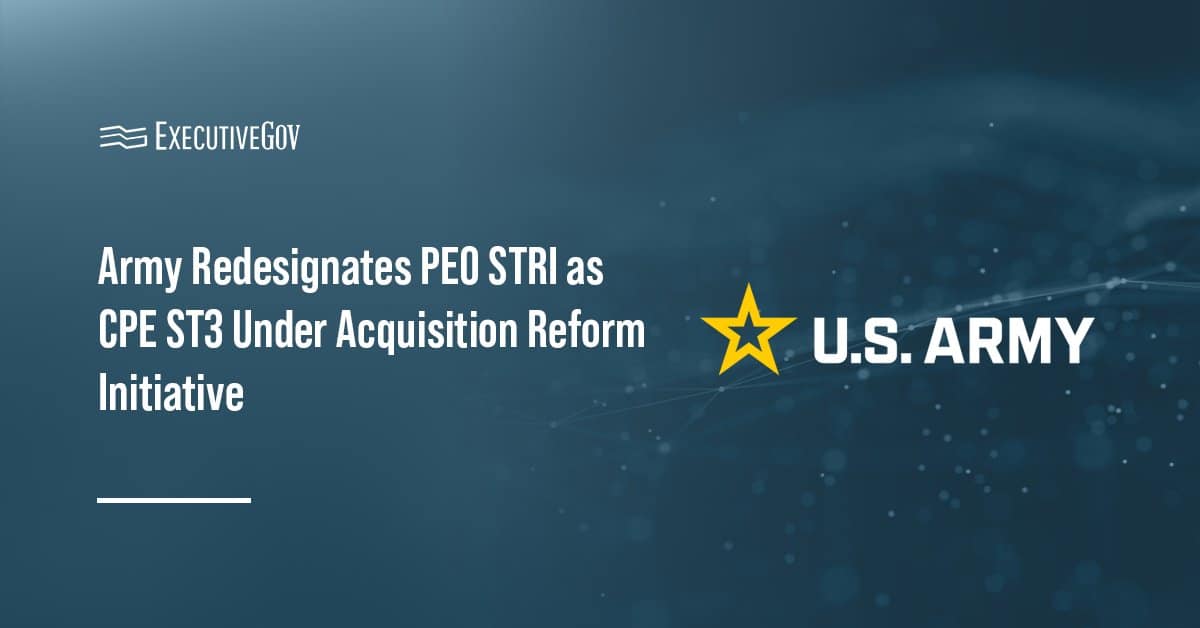Microsoft has signed a memorandum of understanding with the Princeton Plasma Physics Laboratory to advance fusion research. In a blog post published Wednesday, Microsoft said the partnership covers not just research efforts but also knowledge exchange and workshops in areas of plasma control, digital twins, materials and experiment optimization.
Table of Contents
Microsoft Explores Technology Use for Scientific Endeavors
The post follows Microsoft Fusion, an event that brought together leaders and experts from industry and the academe to explore ways technologies such as artificial intelligence and quantum computing can identify strategies to replicate the fusion reaction, which occurs on the core of the sun, on Earth and deliver a new source of limitless clean energy.
At the event, Steven Cowley, laboratory director at the PPPL, delivered a keynote speech to discuss the complex science behind fusion reactors. He also noted that advancing fusion research would require international collaborations.
Cowley also explained that a combination of AI and high-performance computing can be used to create fusion reactor models.
In his speech, Zulfi Alam, corporate vice president of Microsoft Quantum, revealed how quantum computing can address material challenges in creating fusion reactors. He said quantum computers can improve material prediction and synthesis, which could accelerate investigations into candidates such as silicon nitride for protecting critical equipment and the reaction chamber from hydrogen and vapor.
On the other hand, various laboratories within Microsoft Research identified AI use cases to support fusion research. Speakers said the technology can simulate materials and plasma behaviors.
Other Microsoft Collaborations
Microsoft is also working with ITER, an international organization made up of representatives from 33 nations around the world, to incorporate advanced technologies into fusion research. The company provides a suite of tools, including Microsoft 365 Copilot, Azure OpenAI Service and GitHub to streamline and accelerate operations.





